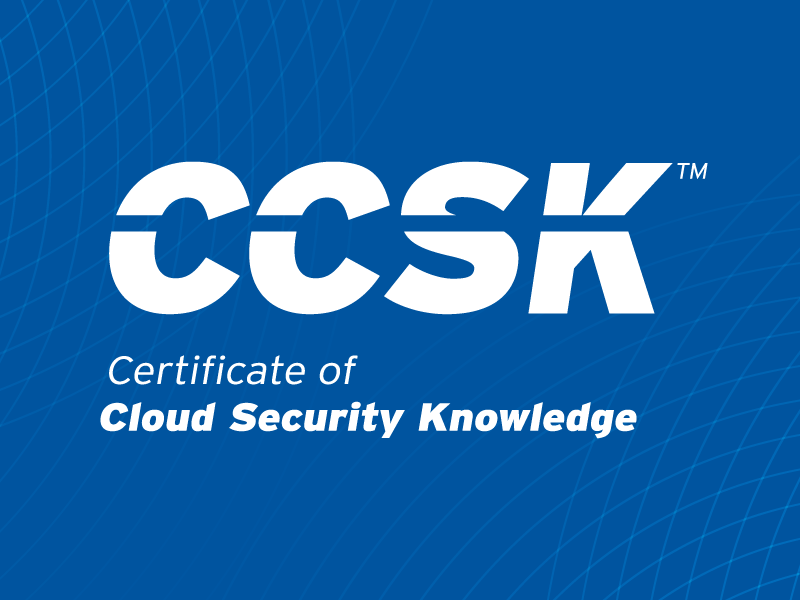Mitigating Risks During Mergers and Acquisitions in Healthcare with Security Testing
Published 08/01/2024
Originally published by Synack.
In the fast-paced world of mergers and acquisitions (M&A), ensuring the security of digital assets is paramount—especially for organizations with highly sensitive data like healthcare.
In 2023, Kaiser Permanente began the process of acquiring Geisinger in a $5 billion deal. University of Michigan Health and Sparrow Health System also merged to become a $7 billion system with 11 hospitals. This year, healthcare M&As are expected to rise again.
As healthcare organizations expand, merge, or acquire, they become vulnerable to cyber threats that could jeopardize sensitive patient data and violate regulatory compliance. In such a scenario, proactive security testing becomes a sound strategy.
Understanding the Risks: An Embattled Attack Surface
Healthcare organizations are prime targets for cyberattacks due to the sheer volume of sensitive data they handle. Mergers and acquisitions only amplify this risk, as they involve integrating disparate systems, networks and databases, often with varying stages of security maturity. It takes only one vulnerable asset in an acquisition to make the entire attack surface vulnerable. Cybercriminals exploit the weakest links to gain unauthorized access, steal patient data or disrupt operations which has the potential effect of financial losses, patient risks and reputational damage.
Identifying Vulnerabilities Before Adversaries
Penetration testing is a proactive approach to cybersecurity that simulates real-world attacks to identify weaknesses in an organization’s IT infrastructure and applications. For healthcare M&A transactions, pentesting plays a crucial role in assessing the security posture of both entities involved. By conducting comprehensive assessments, they uncover exploitable vulnerabilities, allowing stakeholders to address them before they are exploited by malicious actors.
Maintaining Compliance and Avoiding Fines
The healthcare industry is subject to stringent regulatory requirements, such as HIPAA (Health Insurance Portability and Accountability Act) in the United States and GDPR (General Data Protection Regulation) in Europe. Failure to comply with these regulations can result in hefty fines and legal repercussions. Pentesting helps healthcare organizations navigate these regulations by ensuring that their security posture doesn’t present any weaknesses that could compromise their adherence. This is particularly crucial during M&A transactions, where compliance gaps can arise due to differences in security policies and practices between entities.
Protecting Patient Data Privacy
Patient privacy is non-negotiable in healthcare. Any breach of confidentiality can have severe consequences for both patients and healthcare providers. Pentesting works to safeguard patient data by identifying vulnerabilities in systems that store, process or transmit sensitive information. By conducting thorough assessments and implementing robust security measures, they help prevent unauthorized access and mitigate the risk of data breaches, preserving patient trust and confidentiality.
Mitigating Financial Risks
M&A transactions in the healthcare sector involve substantial financial investments. A cyber incident during or after the merger/acquisition process can result in significant financial losses, not only due to remediation costs but also due to legal fees, regulatory fines and loss of revenue. Penetration Testing as a Service (PTaaS) helps mitigate these risks by proactively identifying and addressing security vulnerabilities, thereby safeguarding the financial interests of all parties involved in the transaction.
Unlock Cloud Security Insights
Subscribe to our newsletter for the latest expert trends and updates
Related Articles:
How Attackers Are Weaponizing AI to Create a New Generation of Ransomware
Published: 03/04/2026
Securing the Modern Cloud: 5 Best Practices for Protecting Multi-Cloud Workloads
Published: 03/02/2026
What is a Risk Engineer?
Published: 03/02/2026






.jpeg)
.jpg)

